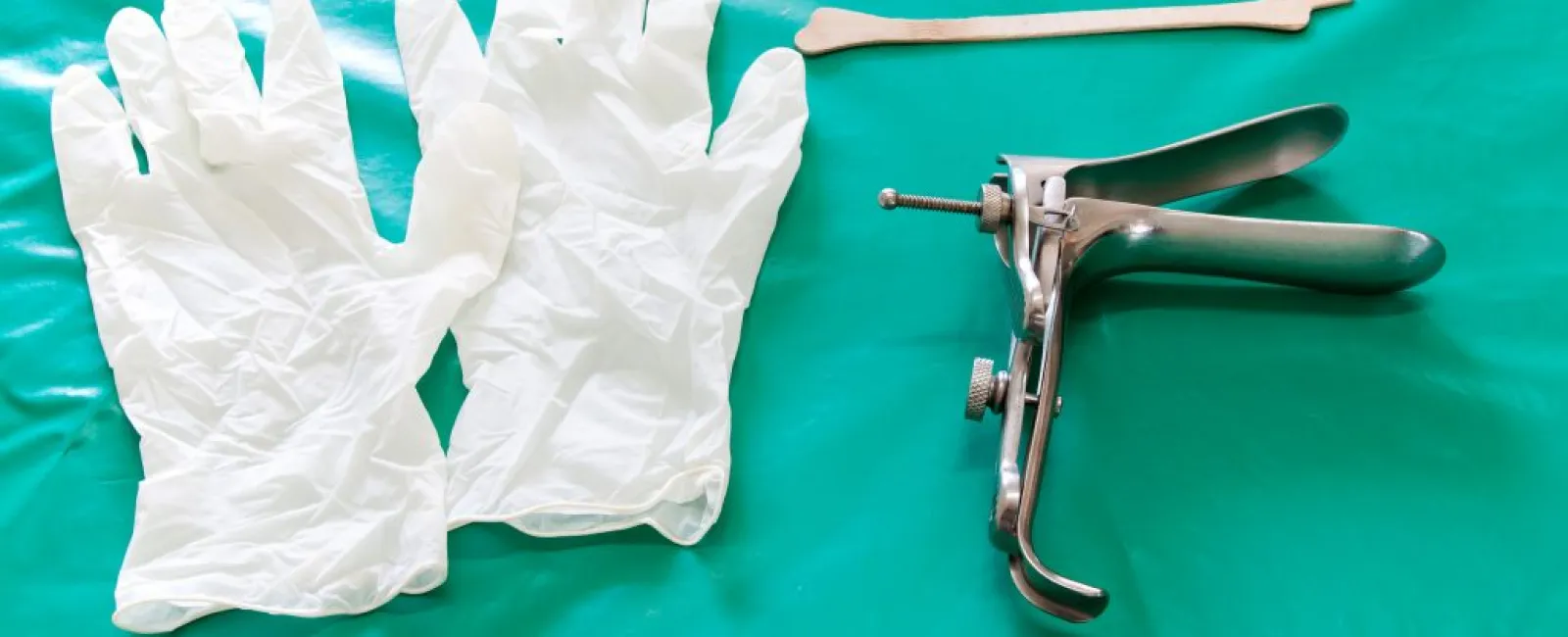For most women, the worst part of going to the gynecologist is getting a pap smear. While pap smears can be uncomfortable, they’re hugely necessary. And knowing more about them can help ease any fears.
What is a Pap Smear?
A pap smear is a test that’s conducted during a pelvic exam. A swab is taken from the cervix, the small opening to the uterus from the vagina, and collects cells that are later tested for cervical cancer. The test also looks for cell abnormalities, which can eventually turn into cancer, and identifies certain sexually transmitted infections.
Finding abnormal cells or cancer early is the best way to combat it and prevent it from spreading. While many women say that pap smears are more uncomfortable than they are painful, they’re a critical part of maintaining your overall health.
How Often Do I Need a Pap Smear?
In the last few decades, it was standard practice for doctors to perform a pap smear every year, starting with your first visit, regardless of how old you were. This practice has shifted in the last few years. Now, doctors say that for most women, your first pap smear doesn’t need to happen until you’re 21. Instead of an annual pap, you can get one every three years until you’re 65.
There are a few factors that would require more frequent pap smears. Some of those include:
- A previously abnormal result
- Having HIV or AIDS
- Having a weakened immune system
What to Expect During a Pap Smear?
Pap smears typically take place during a gynecological pelvic exam. You’ll lay on a table with your feet in stirrups and legs open, and the doctor will use a speculum tool, which is shaped like a duckbill, to open the vagina so they can examine your cervix. Then the doctor uses a brush or swab to collect cells to test.
Some women experience bleeding after a pap smear. This is normal and happens because pap smears can irritate the blood vessels surrounding the cervix, but usually stop within a few days.
Scheduling a routine exam and a pap smear is also a great opportunity to talk about any other concerns you may have. Many women experience incontinence or have pelvic organ prolapse, but are unsure of which doctor to seek for treatment or are too embarrassed to discuss their symptoms. Both issues, and more, are common for many women, and during your pap smear, your doctor can perform an internal exam to see if there’s anything of concern going on.
Dos and Don’ts Before a Pap Smear
Before getting a pap smear, there are a few things to keep in mind.
- To track your period. Schedule your pap smear one to two weeks after your period to ensure there isn’t any menstrual blood remaining. Most doctors will ask you to reschedule your exam if you’re on your period because the blood can wash away abnormal cells, skewing test results.
- Don’t have sex. You should avoid having sex for up to two days before your period. Semen, lubricants, vaginal creams, and jellies can all interfere with your test results.
- Do relax. The more relaxed you are, you’ll find yourself less uncomfortable. When we’re anxious, we tend to contract our pelvic floor muscles, which makes the procedure more uncomfortable.
- Don’t hold it. You’ll typically be asked to provide a urine sample before your exam. Use the restroom right beforehand so that you’re not contracting your pelvic muscles.
Pap Smear Guidelines After a Hysterectomy
Unless you’ve had a radical hysterectomy, which involves removing the uterus, cervix, ovaries, fallopian tubes, and part of the vagina, you should still get pap smears. Because a pap smear involves testing for cervical cancer, even if you’ve had a partial hysterectomy, you still need to carefully monitor that part of your health.
Postmenopausal Pap Smear Guidelines
The age that most women start menopause varies from woman to woman but typically starts between the ages of 45 and 55. Most doctors still recommend that all women get a pap smear every three years, until they are 65 to 70, regardless of if they’re in menopause or postmenopausal. The only time doctors deem pap smears unnecessary is when you’ve had a total or radical hysterectomy unrelated to cancer or are above the age of 70 and haven’t had an abnormal pap smear in the last 10 years.
While pap smears might not be the highlight of your day, they’re incredibly important. For more information on pap smears and well-woman exams, schedule an appointment with us today or call 678-210-7677 to speak with one of our patient coordinators.
